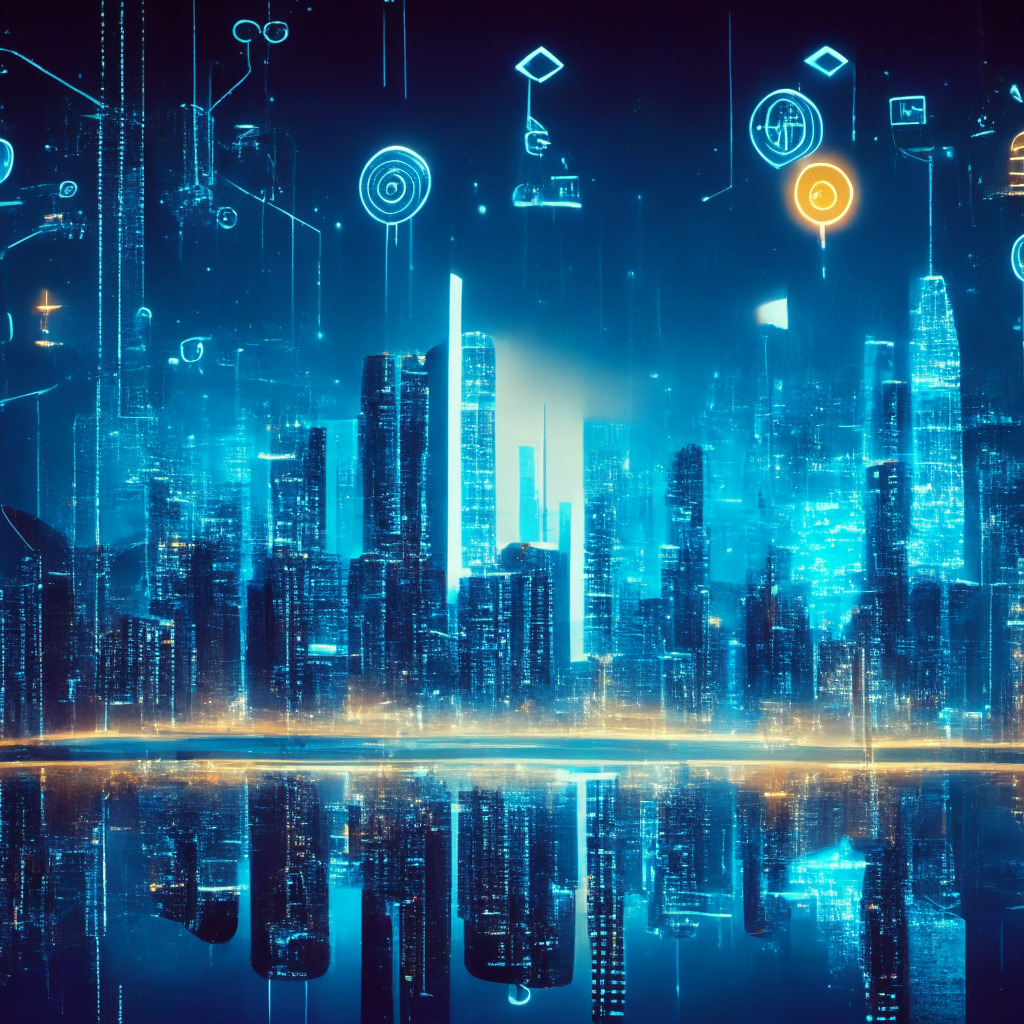Chinese officials have recently expressed concern regarding the rapid advancement of artificial intelligence (AI) and the potential risks it poses to national security. In a meeting attended by Chinese President Xi Jinping and other key members of the communist party, the need for increased measures concerning national security was discussed and highlighted. With China aiming to lead the global race in cutting-edge AI technology, its leadership emphasizes the importance of “dedicated efforts to safeguard political security and improve the security governance of internet data and artificial intelligence.”
However, national security problems faced by the country have reportedly “increased dramatically.” As a result, Chinese authorities have been pushing for tighter controls on AI development. In April, officials announced a mandate to review all forthcoming generative AI services in China before public usage. Consequently, Chinese AI developers have been finding alternative ways to continue their work without access to the latest Nvidia chips, which are restricted due to sanctions from the United States.
As the trajectory of AI development becomes a critical concern for world powers, the United States has been taking similar steps to understand the technology’s impact. A listening session was recently held in Washington D.C., with US President Joe Biden publicly urging tech companies to address the risks of AI technology advancements. Executives from these companies are also calling for regulatory “guardrails” to manage the potential consequences of unchecked AI development.
AI regulation has become a key issue not only in China and the United States, but also globally. As the race to develop and implement AI technology heats up, the need for a balanced approach to ensuring national security and innovation becomes increasingly necessary. It remains crucial for authorities to find the right balance between fostering AI innovation and preventing unintended negative consequences.
In conclusion, AI development poses both enormous potential and significant risks for countries like China and the United States. By taking a measured approach to regulating AI technology and addressing concerns surrounding national security, these countries can continue to drive the global development of AI while mitigating potential harm. The debate surrounding AI and national security is ongoing, and the ability of the concerned parties to adapt and respond to this rapidly evolving field will determine their success in the years to come.
Source: Cointelegraph




